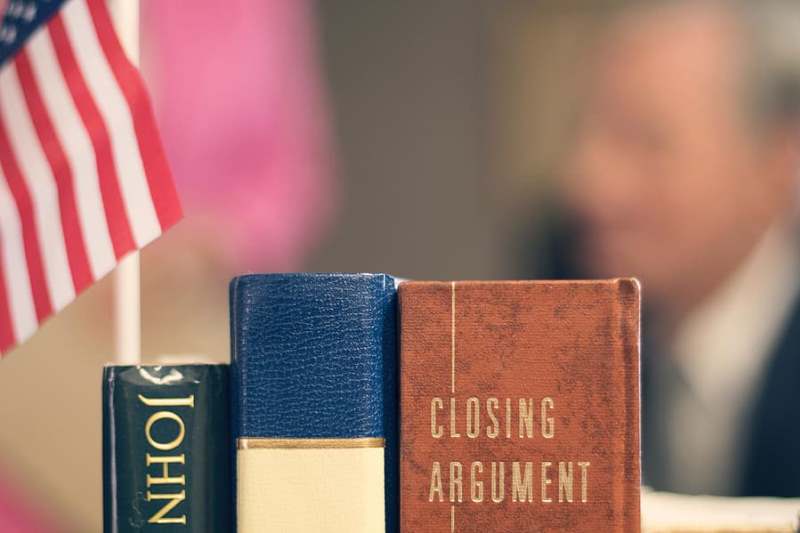
Gambling operators, sports leagues and organisations have responded to the Supreme Court’s overturning of PASPA, with William Hill announcing it plans to launch in New Jersey “as soon as responsibly possible”.
Yesterday (Monday), the federal ban on sports betting in the US was lifted by the country’s Supreme Court by a vote of 7-2.
The federal 1992 Professional and Amateur Sports Protection Act (PASPA) had blocked states from offering regulated sports betting, with the exception of Nevada, as well as Oregon, Delaware and Montana.
New Jersey campaigned for years for the ban to be withdrawn, highlighting the prevalence of illegal sports betting across the US as one of its main arguments.
William Hill reacted positively to the ruling, with chief executive Philip Bowcock saying the company will now pursue its plans to launch sports betting services in New Jersey.
“This is a landmark moment for sports betting and for William Hill,” Bowcock said in a statement.
“Now, all attention shifts to the states, where steps have already been taken to prepare for this day.
“Legalised sports betting means that consumers and sports leagues will have greater protection, states will benefit from the raising of taxes and there is the potential for over 100,000 jobs to be created.”
Elsewhere, daily fantasy sports firm DraftKings, which went public this year with its plans to expand into sports betting should New Jersey succeed in its bid, is also eyeing up a swift roll-out.
Jason Robins, chief executive of DraftKings, told Fox Business: “We’ll be ready; hopefully, we’ll be one of the first ones in.
“Almost 80% of our customers today say they already bet illegally on the black market with sports; now we just have to convince them they are going to have a better time doing it with us.
“When it’s regulated, we actually have rules around knowing your customers, making sure we have limits in place, making sure that people who want to self-exclude can self-exclude.”
FanDuel, a rival of DraftKings, also issued a statement praising the decision and reiterating its plans to launch its own sports betting services.
The statement read: “This decision allows us to bring the passion and engagement we have seen among our users to new and expanded marketplaces and create a sports betting product that fans will love.”
Caesars Entertainment Corporation, which is already active in sports betting in Nevada, also hailed the news, with president and chief executive Mark Frissora saying: “The Supreme Court’s landmark PASPA ruling creates a golden opportunity to end illegal sports wagering once and for all by creating a well-regulated alternative that sports fans can trust.
“As a result, we expect to be able to provide safe, exciting sports wagering experiences to consumers across the country, as we do today in Nevada.”
However, there has been a somewhat mixed response from the sports leagues that had supported the expansion of legalised sports betting, but to also uphold integrity within their various competitions.
The National Basketball Association (NBA) and Major League Baseball (MLB) had both stated their backing for a wider market but called for a refreshed federal framework to be out in place.
NBA commissioner Adam Silver said: “We remain in favour of a federal framework that would provide a uniform approach to sports gambling in states that choose to permit it, but we will remain active in ongoing discussions with state legislatures.
“Regardless of the particulars of any future sports betting law, the integrity of our game remains our highest priority.”
MLB also said: “As each state considers whether to allow sports betting, we will continue to seek the proper protections for our sport, in partnership with other professional sports.
“Our most important priority is protecting the integrity of our games; we will continue to support legislation that creates air-tight coordination and partnerships between the state, the casino operators and the governing bodies in sports toward that goal.”
The National Football League and the National Hockey League also issued similar statements urging for federal law to be put in place, while the National Collegiate Athletic Association (NCAA) had been opposed to an expanded market and had urged the court to maintain the federal law.
The NFL said: “Congress has long-recognised the potential harms posed by sports betting to the integrity of sporting contests and the public confidence in these events.
“Given that history, we intend to call on Congress again, this time to enact a core regulatory framework for legalised sports betting.
The NHL added: “The Supreme Court’s decision paves the way to an entirely different landscape – one in which we have not previously operated.
“We will review our current practices and policies and decide whether adjustments are needed, and if so, what those adjustments will look like.”
Richard Carter, CEO of sports betting platform provider SBTech, which entered a US strategic partnership with GAN earlier this year, said: “The Supreme Court’s decision is a historic day for the industry and we look forward to working closely with all stakeholders and helping shape an open and responsible environment for sports betting to flourish in the US, which addresses the needs of consumers, law enforcement, regulators, sports integrity, operators and technology providers.”

